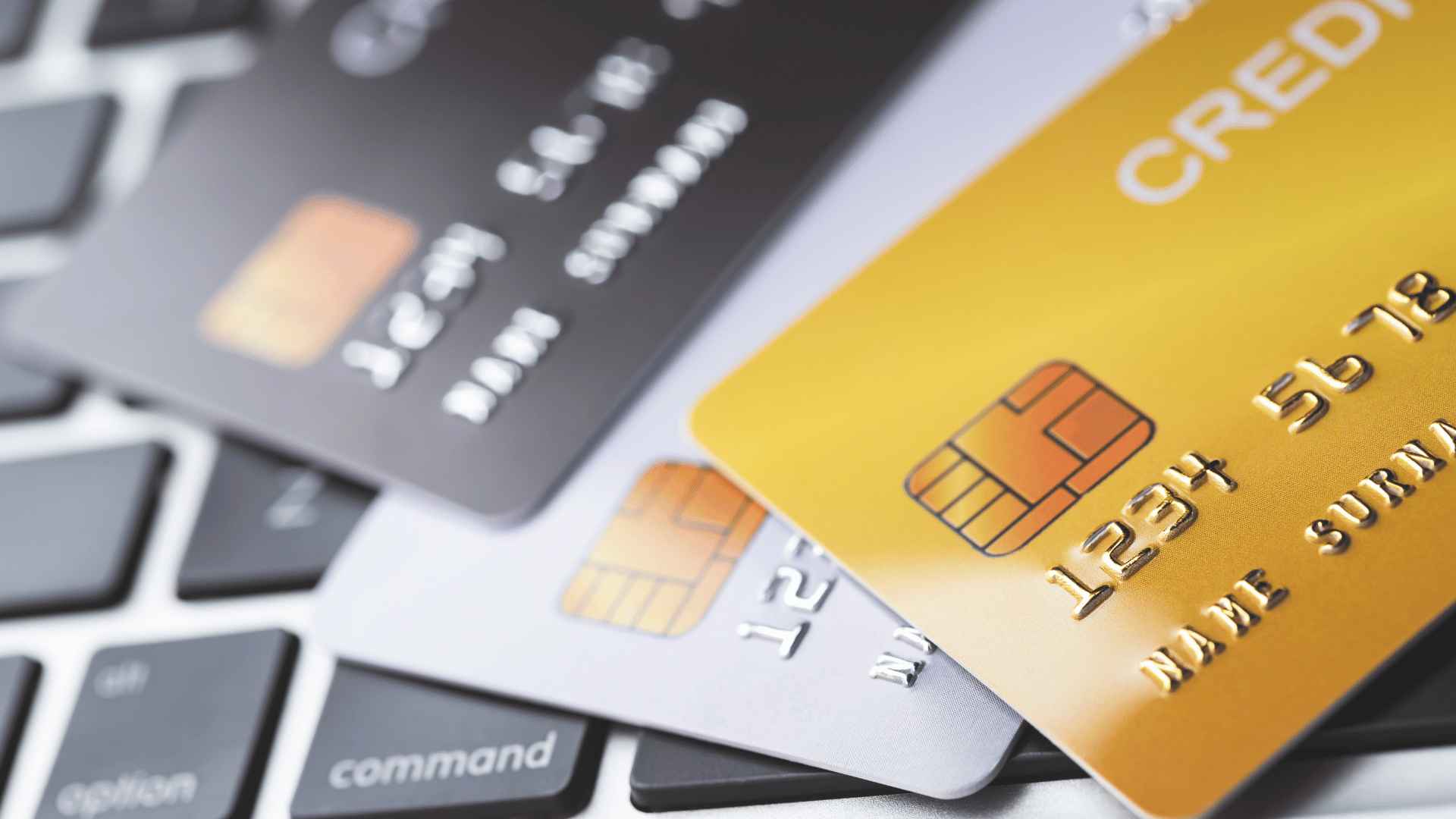The change in interest rate cap on credit card transactions in the Philippines was recently announced by the Bangko Sentral ng Pilipinas (BSP).
This means that credit card companies are not allowed to charge interest rates higher than 3% per month on outstanding balances and other credit card transactions.
According to the BSP, this modification will result in an increase of 100 basis points (bps), or from 2% to 3% per month, in the maximum interest rate or finance charge that may be levied on a cardholder's unpaid outstanding credit card debt. And the existing cap on the monthly add-on rate that credit card issuers can tack onto installment loans is kept at a maximum rate of 1%.
In a statement, BSP Governor Felipe Medalla noted that the policy aligns the credit card interest rate ceiling with changes in the macroeconomy and softens the impact of inflationary pressure on banks'/credit card issuers' ability to provide excellent credit card services to their clients.
The BSP said that the credit card transaction limits were put in place as a "temporary relief measure" to lessen the financial impact the COVID-19 outbreak was placing on customers.
The BSP claimed that when determining the limitations, it took into account the low-interest rate environment that prevailed during the pandemic.
However, the BSP stated that it considers the modification to the interest rate cap for revolving purchases to be in line with its responsibility under Section 4 of the Philippine Credit Card Industry Regulation Law or R.A. to assess the reasonableness of credit card fees and charges. No. 10870.
The BSP will continue to implement complementary measures that will enable responsible access to credit information and preserve consumer rights in the financial sector, such as the establishment of an enabling framework that will encourage a level playing field for new market entrants.
It's important to note that credit card interest rates can vary based on various factors, such as the credit card issuer, the type of card, and the borrower's credit score. Some credit cards may offer a lower interest rate as a promotional offer, but this rate may increase after the promotion period.
Consumers are advised to carefully review the terms and conditions of their credit card agreement, including the interest rate, fees, and other charges, before applying for or using a credit card.
What's the current status of the macroeconomy in the Philippines?
The current status of the macroeconomy in the Philippines is generally positive, with continued economic growth, low inflation, and stable financial markets.
The Philippine economy grew by 7.3% in 2021, driven by strong consumer spending, a recovery in global trade, and increased government spending. The unemployment rate has improved, although it remains elevated, and consumer confidence is high.
Inflation has remained low and stable, averaging around 2.6% in 2021, which is within the central bank's target range. The Philippine peso has also been relatively stable against the U.S. dollar, which helps to maintain purchasing power and supports economic stability.
Despite these positive developments, the Philippines continues to face challenges, including large government debt, high poverty levels, and income inequality. The government is implementing reforms to address these challenges and to promote sustainable and inclusive economic growth.
Overall, the macroeconomy in the Philippines is expected to continue growing in the coming years, although growth may slow down in the short term due to rising global interest rates and other economic and financial challenges.
Why did BSP Adjust the interest rates?
Central banks adjust interest rates to achieve their monetary policy goals, such as controlling inflation, maintaining stability in the financial system, and promoting economic growth.
Higher interest rates make borrowing more expensive, which can slow down spending and reduce inflation. Lower interest rates encourage borrowing and spending, which can stimulate economic growth.
By adjusting interest rates, central banks aim to achieve a balance between maintaining price stability and supporting economic growth while also taking into account other factors, such as global economic conditions and employment levels.
How does BSP adjust the interest rates?
The BSP adjusts interest rates on loans and deposits based on the guidance provided by the central bank and market conditions.
When the central bank raises annual interest rates, banks typically follow by raising the interest rates they charge on loans, such as mortgages and personal loans, to maintain profitability. Banks may also raise the interest rates they pay on deposits, such as savings accounts, to attract more customers and increase their funds.
Conversely, when the central bank lowers interest rates, banks may lower their loan interest rates and the interest they pay on deposits.
Banks also adjust interest rates based on competition and market conditions, as well as their own financial goals and strategies. For example, a bank may lower interest rates on loans to attract new customers and increase its loan portfolio or raise interest rates on deposits to manage its funding costs.
Here are some tips on how to use a credit card wisely:
- Know your spending limit: Set a budget and stick to it, and avoid spending more than you can afford to repay.
- Pay on time: Make sure to pay at least the minimum payment due on time every month to avoid late fees and additional interest charges.
- Avoid high-interest debt: Use your credit card for convenience and to build your credit, but avoid using it to finance long-term purchases or to carry a large balance.
- Compare credit cards: Shop around and compare interest rates, fees, rewards, and other benefits offered by different credit card issuers.
- Read the fine print: Carefully review the terms and conditions of your credit card agreement, including the interest rate, fees, and other charges.
- Monitor your statement: Regularly check your credit card statement to ensure accuracy and to detect any fraudulent activity.
- Use rewards programs: If you have a credit card with a rewards program, use it to your advantage and earn rewards for your spending.
By following these tips, you can use your credit card wisely and avoid the potential pitfalls that come with overspending and high-interest debt.
For more information on Vista Residences and Vista Land, email [email protected], follow @VistaResidencesOfficial on Facebook, Twitter, Instagram, and YouTube, or call the Marketing Office at 0999 886 4262 / 0917 582 5167.

.png)





